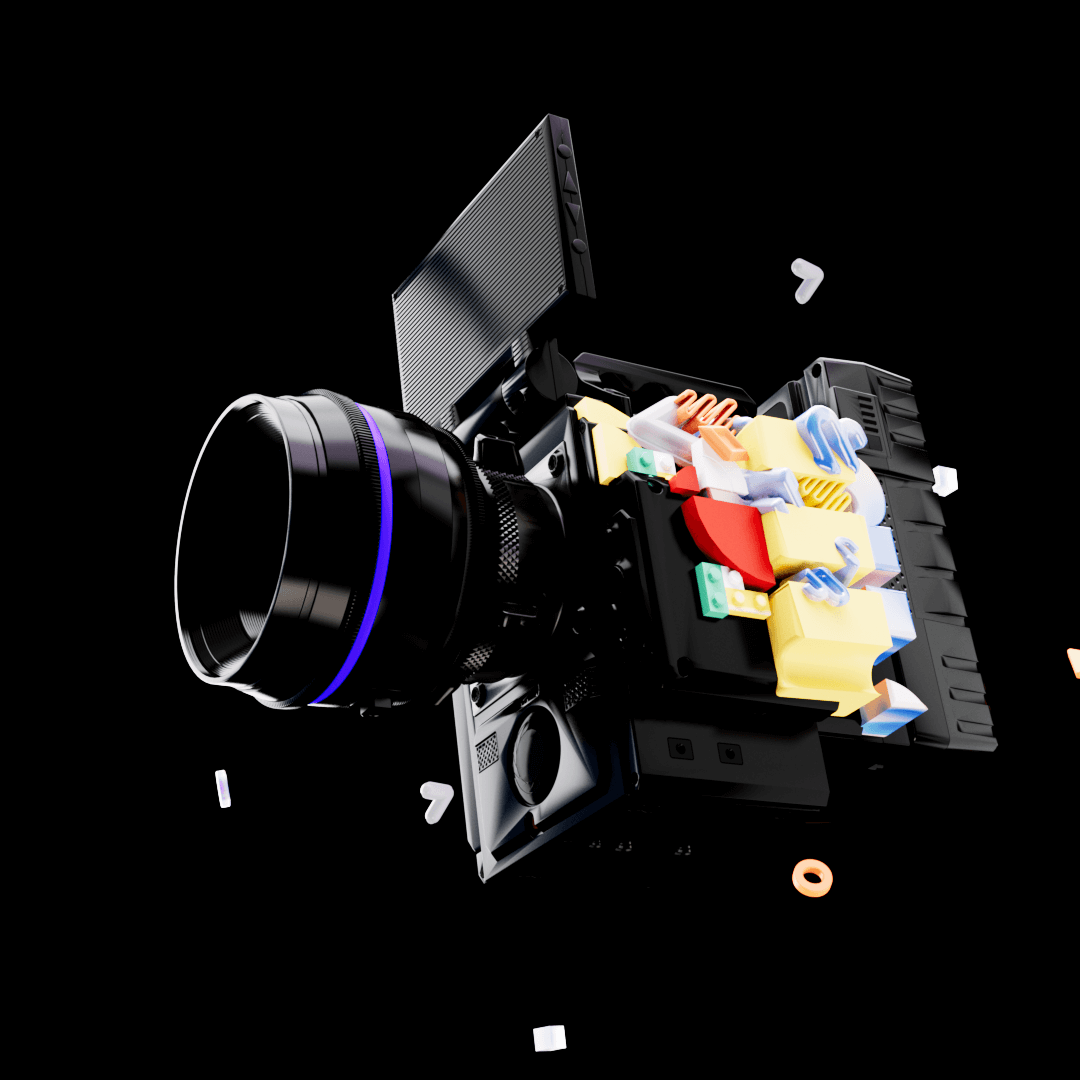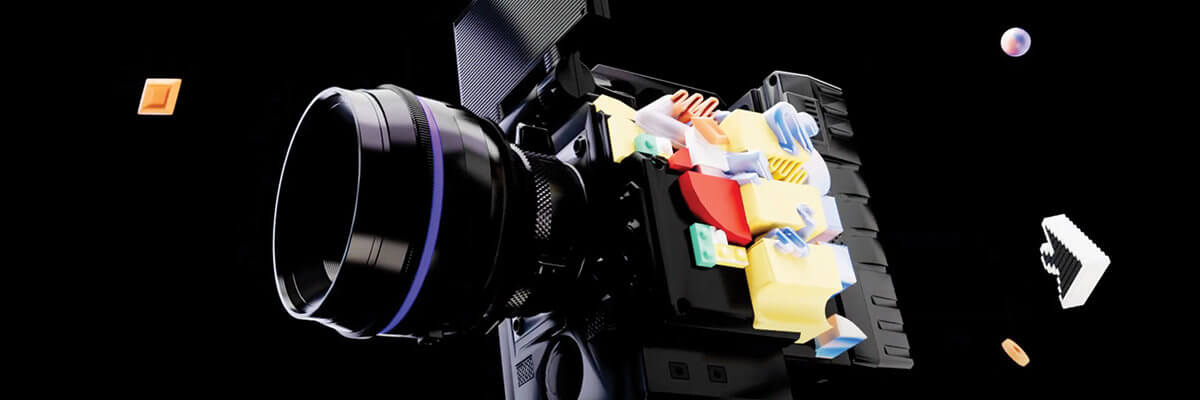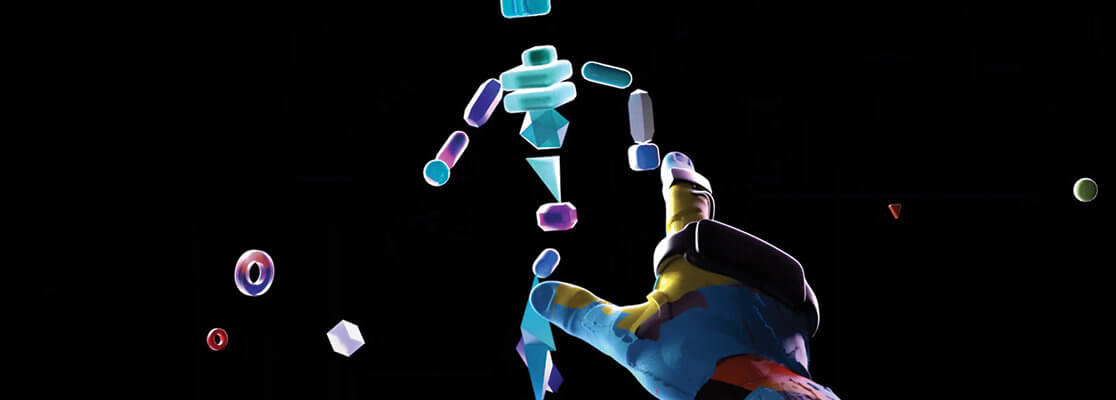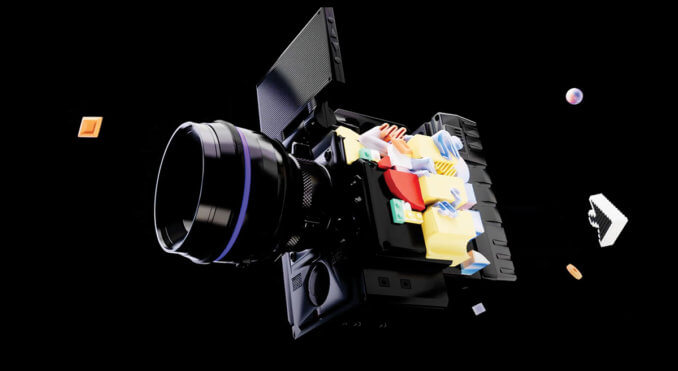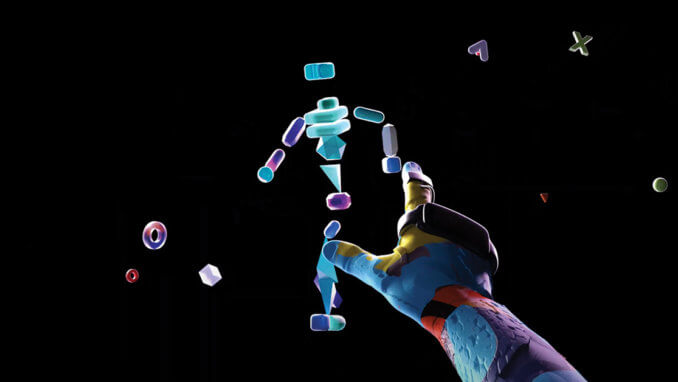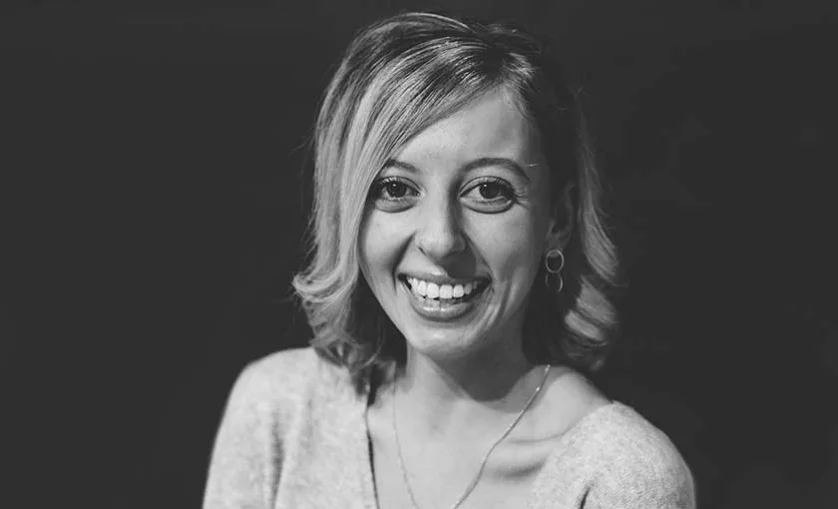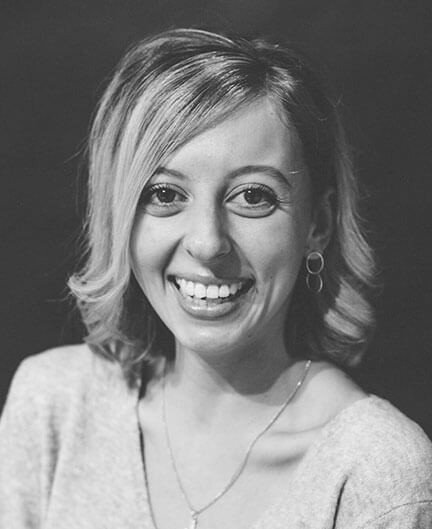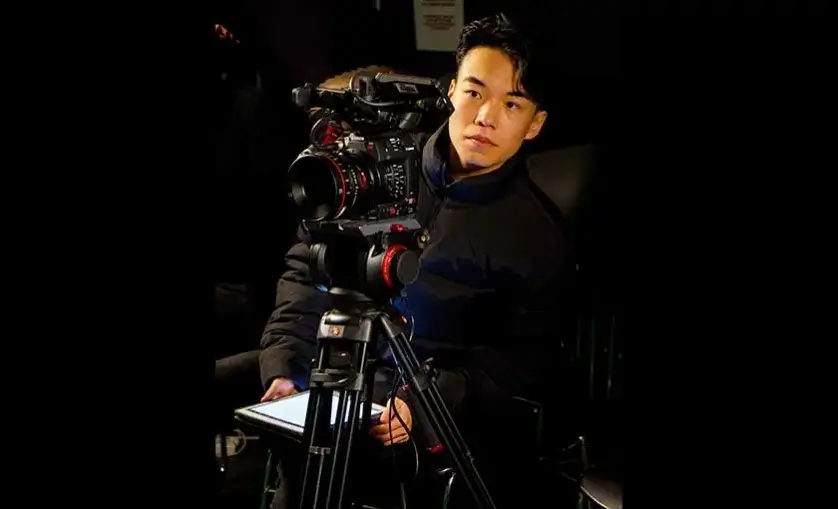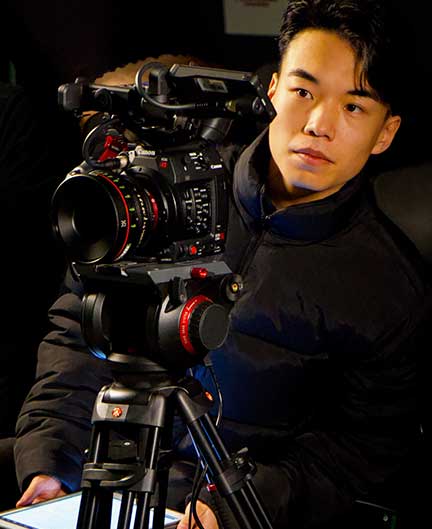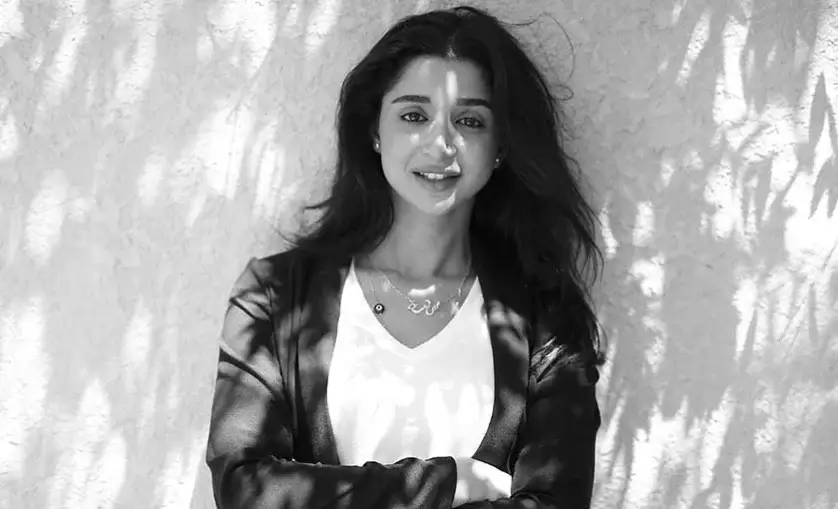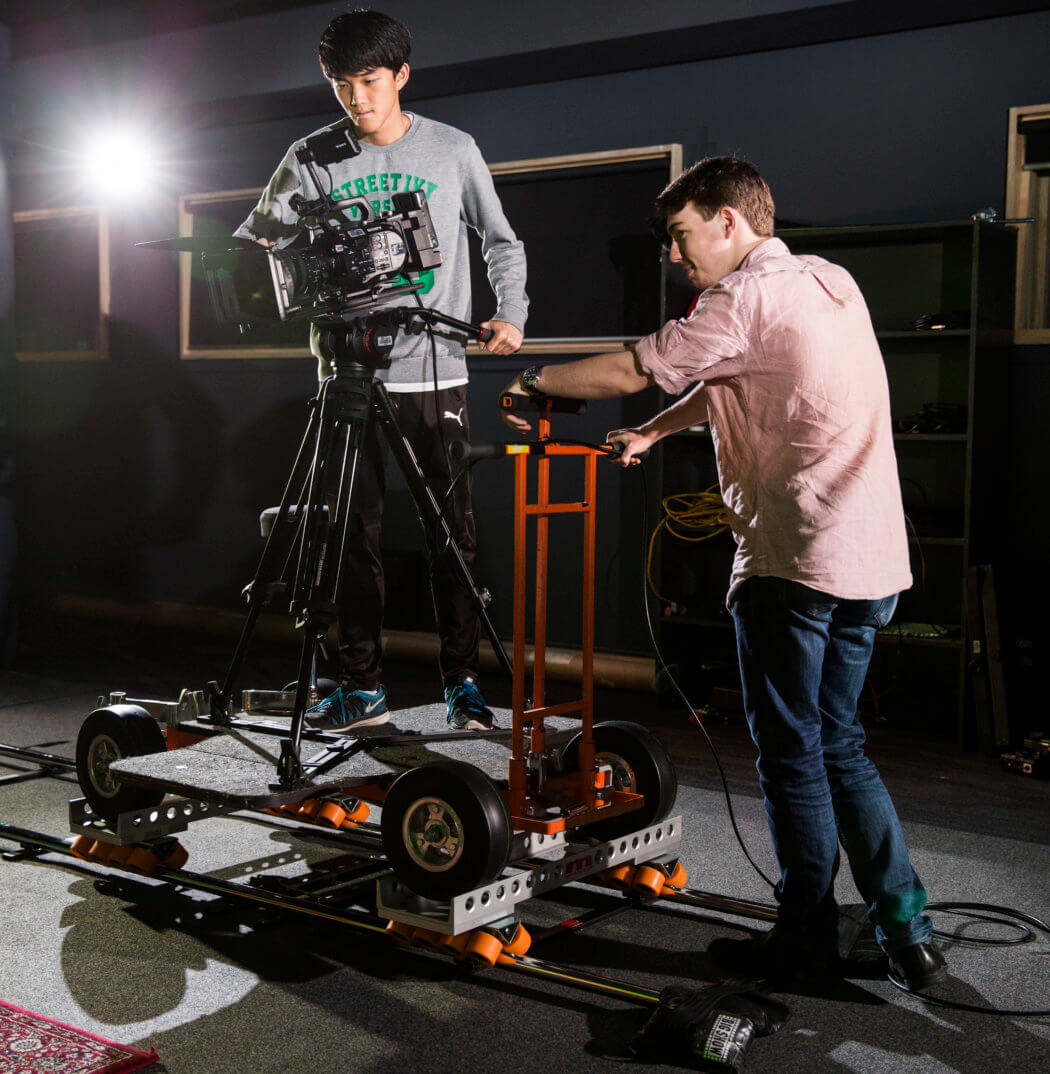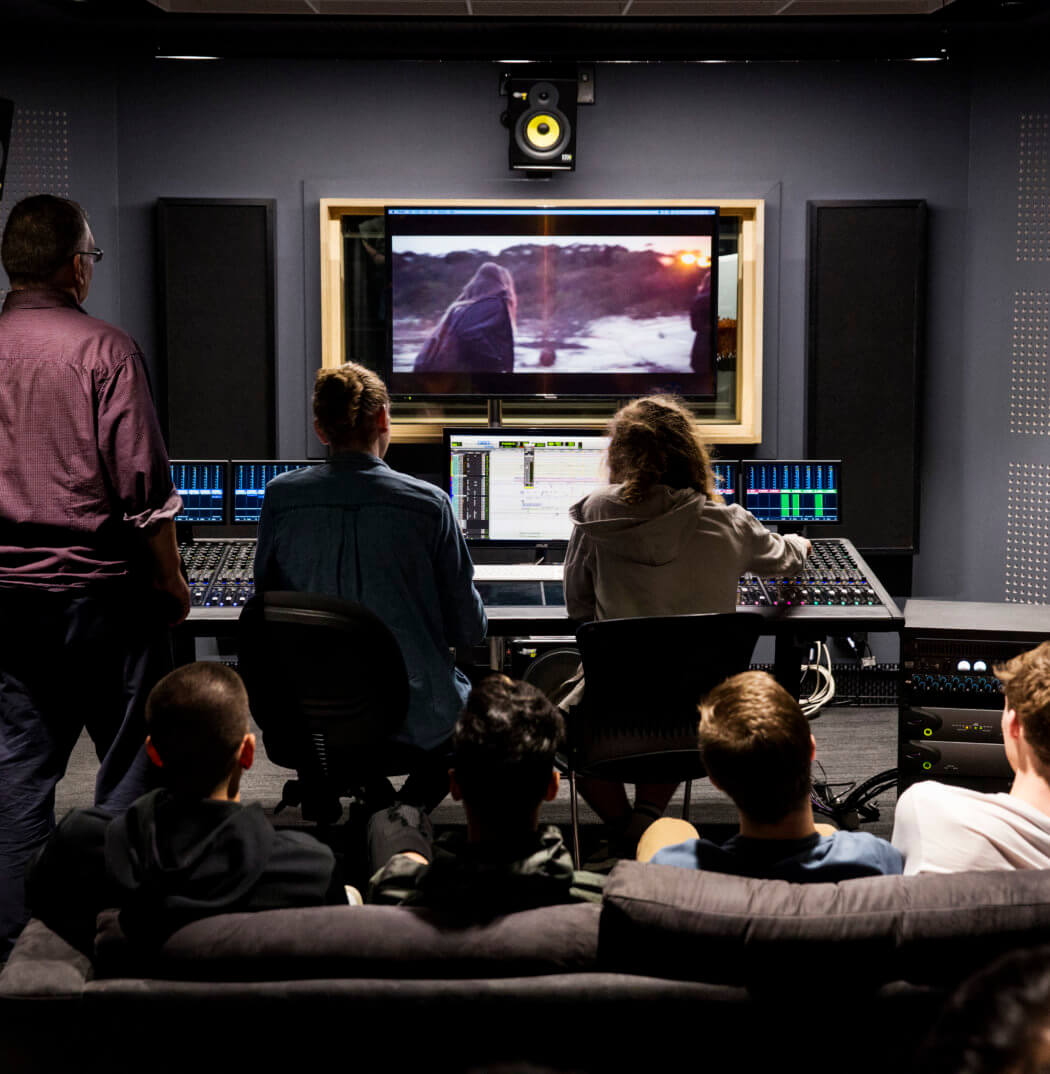Diploma of Film
MAKE YOUR ESTABLISHING SHOT IN FILM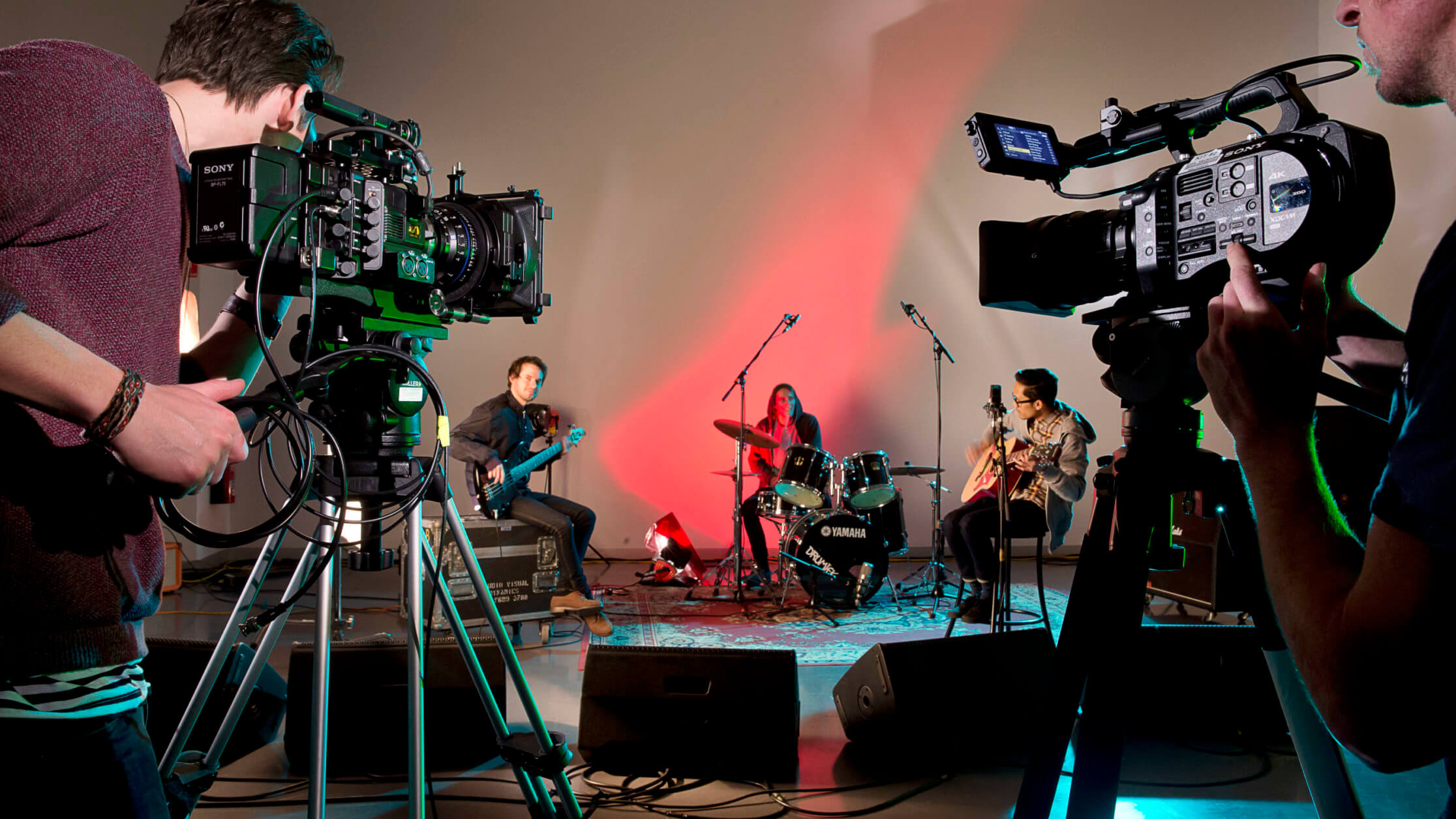
Units x Costs ($AUD)
4 x $3,807
2 x $2,728
1 x $5,456
Indicative Total Course Fee*
$26,140 AUD
Plus Student Services and Amenities Fee (SSAF)
* The Indicative Total Course Fee & Indicative Annual Course Fees reflects that students are charged fees on a per unit basis and the fee for a unit may increase.
For more information view the SAE Fee Schedule or visit the Fee & Payment page.
Units x Costs ($AUD)
4 x $4,439
2 x $3,178
1 x $6,356
Indicative Total Course Fee*
$30,468 AUD
Plus Student Services and Amenities Fee (SSAF)
* The Indicative Total Course Fee & Indicative Annual Course Fees reflects that students are charged fees on a per unit basis and the fee for a unit may increase.
For more information view the SAE Fee Schedule or visit the Fee & Payment page.
Complete your course faster by studying the course units over approximately 7 months (2 trimesters).
Complete your course faster by studying the course units over approximately 7 months (2 trimesters).
Whilst still classified as a full-time study load, you will complete the course units over one year. (3 trimesters)
If you want to take a little longer, that’s ok too. We’ll help you work out the best study load to suit your needs.
Note: Part-time is not available for international students.
May 2024
September 2024
February 2025
May 2024
September 2024
February 2025
May 2024
September 2024
February 2025
May 2024
September 2024
February 2025
May 2024
September 2024
February 2025
May 2024
September 2024
February 2025
DIPLOMA OF FILM
Be cast directly into a world-class creative environment with SAE’S hands-on Diploma of Film. Guided by expert lecturers you will gain an in-depth introduction to film, from scriptwriting and film production, right through to digital post-production.
You will engage in collaborative studio-based learning where you will have access to all the latest equipment and software including DaVinci Resolve colour grading software and Adobe Creative Cloud. Your growth and development will be assessed through the completion of industry-based projects, not theoretical-based essays.
You’ll feel like you are already working, with the amount of hands-on experience you’ll gain operating film production equipment for a variety of screen contexts, including cameras, lighting, and sound.
You’ll also learn about digital post-production including audio mixing, tilting colour grading and the authoring processes.
Upon completion, you will be eligible for up to 80 credit points towards the Bachelor of Film.
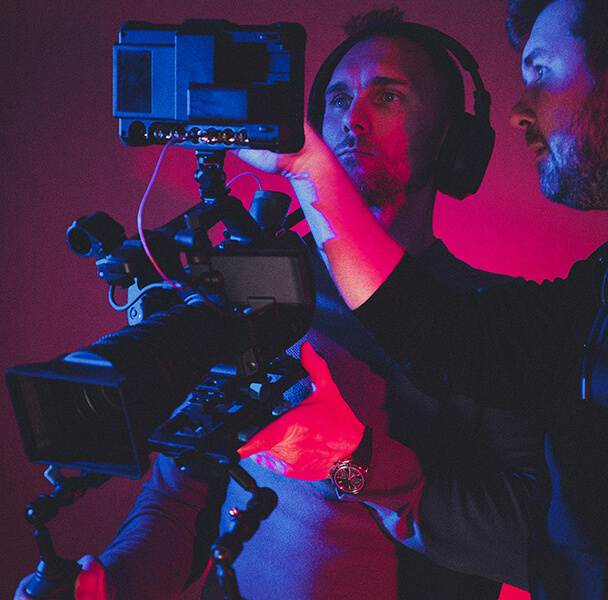
Career Outcomes
What jobs will this course lead to?
- Entry-Level Videographer
- Entry-Level Film Crew
- Camera Assistant
- Production Assistant
- Entry-Level Editor
- Independent Filmmaker
What our students say about SAE
Why study a Diploma of Film at SAE?
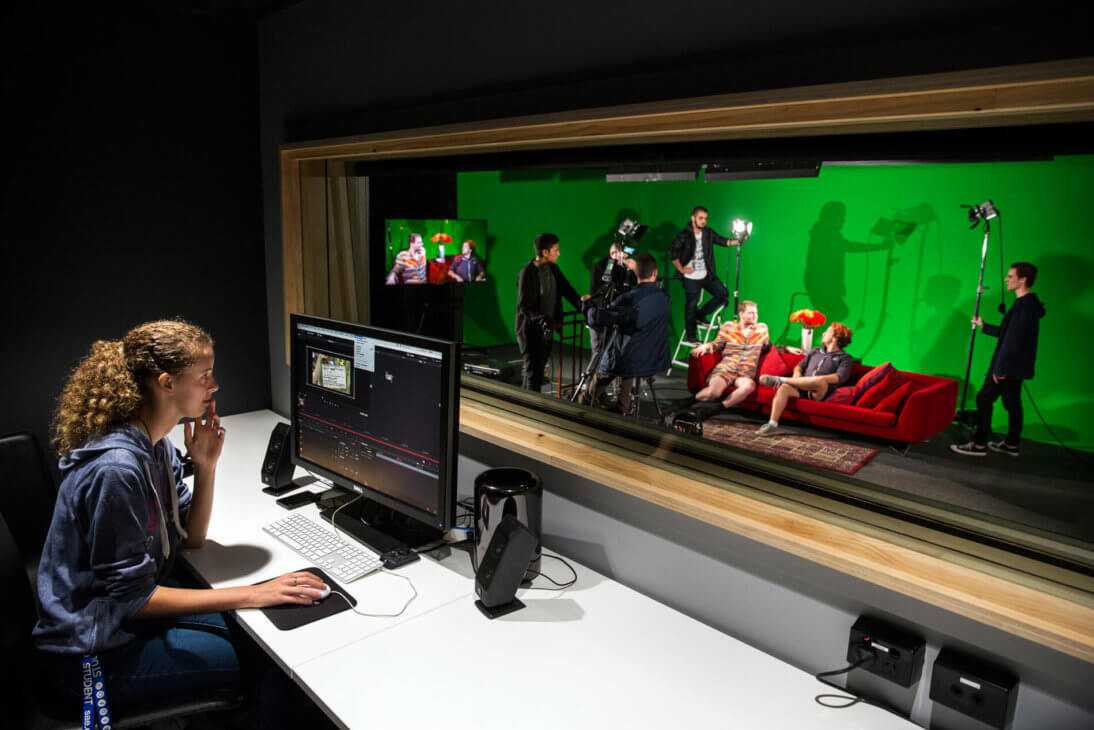
YOUR CAREER IN FILM BEGINS NOW
Film Skills
Tools & Software


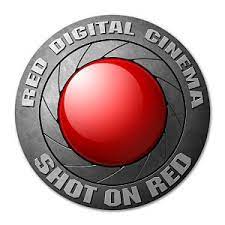


Course Structure
The Diploma of Film is stage 1 of the 3 stages of a Bachelor.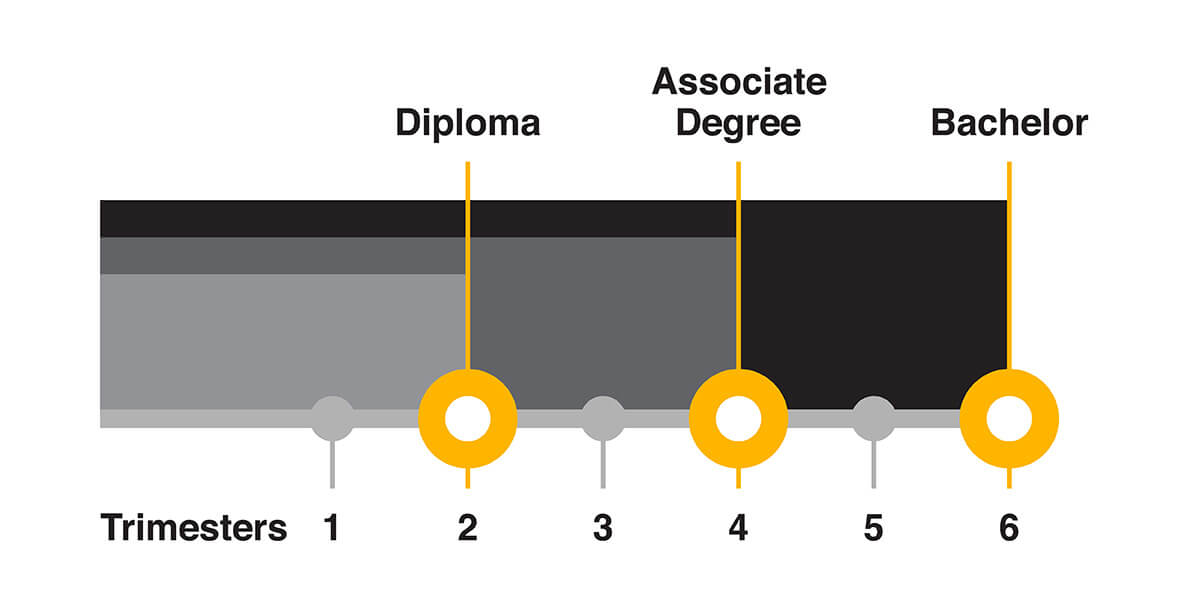
This unit introduces you to the fundamental principles of screen studies, including theory and history, to explore ways in which these principles are connected to screen practice. Emphasis is placed on how these concepts and approaches work within screen production, allowing you to develop analytical, critical reflection and creative thinking skills by applying your understanding of topics in project-based activities. Finally, this unit should assist you in becoming more critically aware of your craft and introduce you to ways of developing your knowledge of screen production.
This unit aims to instil a basic working knowledge of the structures, aesthetics and technologies involved in digital post-production. There is a particular emphasis on the editing process, as well as a general introduction to audio mixing, titling, colour grading and authoring processes within an industry-level non-linear editing tool.
Editing techniques and approaches vary between different mediums and this unit focuses on both documentary and drama workflows and file management protocols. Effective communication of narrative is the main focus of the unit, and you will learn to edit for narrative clarity, performance, subtext and dramatic effect. Historical and contemporary perspectives on montage theory and continuity editing theory will be explored to broaden your understanding and approach to the art of editing.
You will be introduced to the theory and principles of storytelling across a range of contemporary creative media contexts, which will then be applied to the creation of storytelling documents appropriate to your discipline. Theoretical approaches to plot, structure, character, story world, theme and genre will be explored and applied to a range of story development tools to engage your audience. Feedback processes and reflection are essential in the development of engaging stories, and you are expected to document your process and feedback from your facilitator and peers.
In this unit, students will draw upon practical theories of screenwriting and engage in industry standard iterative practices to produce high quality screenplays for short film production. The unit will introduce strategies for concept development, provide students with the opportunity to refine supporting documentation such a synopsis, outline or treatment, and guide students in applying stylistic conventions and narrative theories to their story ideas. The unit focuses on communicating strong characters and story worlds on the page, and crafting effective dialogue and scenes that engage audiences emotionally. Screenwriting is a learned craft that requires discipline, perseverance and an understanding of industry practice. You will engage with professional feedback processes as you develop your story concepts through to script stage, and then a pitch deck and final draft script.
In this unit, students will strengthen and consolidate their emerging filmmaking skills through the application of industry standard directing and producing techniques. The unit will introduce key principles of scene analysis and directing for students to produce a short showreel scene, and guide students to the best praxical application of directing and producing protocols. The unit focuses on the essential collaboration of directors and producers to work together to deliver high-quality, on-screen outcomes such as complex and realistic actor performances, and a shared creative vision. Understanding the roles of the director and producer and the need to support each other in a collaborative group to realise the best possible on-screen outcomes is an essential part of professional filmmaking, and will establish and hone transferable skills necessary for your work at SAE and beyond.
You will be introduced to the craft of filmmaking through participation in practical film shoots. An introduction to camera, lighting and sound equipment will be supported by a study of the fundamentals of frame composition and cinematography. Key roles and responsibilities of a working film crew as well as production processes and protocols are covered, including workplace health and safety. Familiarity with the equipment and its safe assembly and use is as important in this subject as the technical and creative elements.
Sound in the environment is crucial in our daily lives and in the production of nearly all media. When working with sound, we constantly desire to control our acoustic environment in the first instance to obtain uncontaminated recordings and, secondly, to clinically listen to and work with these recordings. The goal of this Unit is to guide you through and expose you to various disciplines of sound and sound recording that exist outside of the controlled environment of the studio—to lead through sonic encounters with the world around us. From Film sound and its associated location recordings, documentary recordings and acoustic ecology to recreating these environments through Foley recording, this Unit aims to expose you to practical and theoretical experience with location sound. Exploring recording devices, microphones and microphone techniques to multi-track digital audio workstations (DAWs)– this course expands through ideas and practices of location sound, exposing these components and exploring their connection to various media.
This unit will introduce you to the mindset and skillset of the creative entrepreneur, and transform your approach to problem-solving. You will analyse historical and contemporary models of leadership and best practice in entrepreneurship, and use tools for project design that include ideation, problem framing, and pitching. The skills in this unit will assist you in developing your creative thinking, exploration, and experimentation methods, allowing you to experiment with project design and content for creative media.
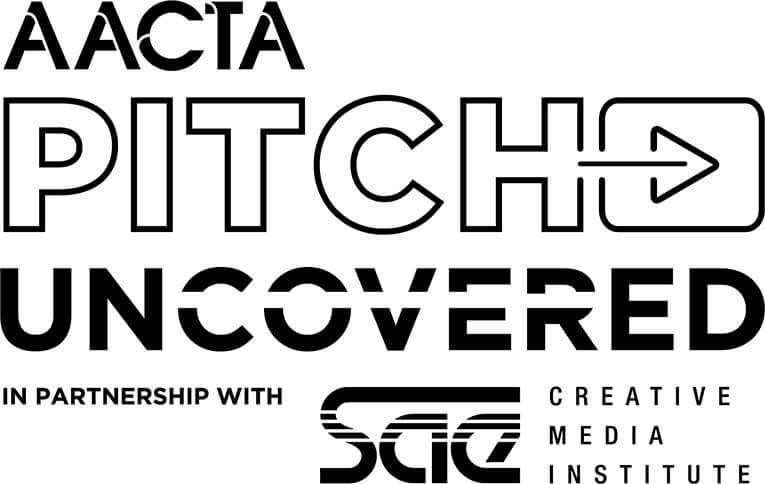


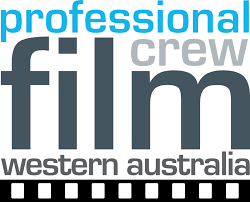
We carefully design and deliver all our units to help you develop the knowledge you need to be successful in your chosen field of study. Courses and course units at SAE follow best practice teaching and learning.
FEE‑HELP* is an Australian Government loan scheme that assists eligible fee paying students pay all or part of their tuition fees. It cannot be used for additional study costs such as accommodation or text books. The total amount of FEE‑HELP a person can use is known as the ‘FEE‑HELP limit’.
Once a person begins using FEE‑HELP, the amount of FEE‑HELP they have left to use is known as their ‘FEE‑HELP balance’.
* Terms and conditions apply. For the latest updates regarding FEE-HELP please refer to sae.edu.au/fees
SAE has three intakes per year: February, June and September. Short courses and certificates courses may have different intake timings. View our academic calendar for trimester start dates or contact your campus for further information.
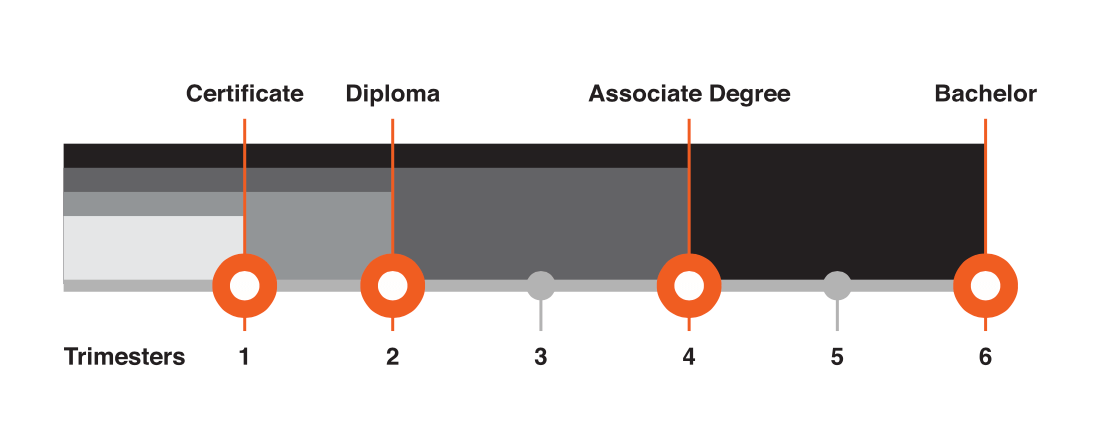
Easy transition into the Bachelor of Film
This means that when you complete an SAE Diploma of Film you will be awarded the maximum credit points available, providing you with the opportunity to seamlessly transition into the higher-level Associate and Bachelor degree qualifications if you choose to do so.
CREDIT AND RECOGNITION OF PRIOR LEARNING
SAE may recognise your prior learning and may grant credit towards satisfying the requirements for a higher-level program. This is applied where previous learning is considered equivalent to the content and learning outcomes prescribed for units within the program.
For full details, please refer to SAE's policy on recognition of prior learning and credit transfers.
